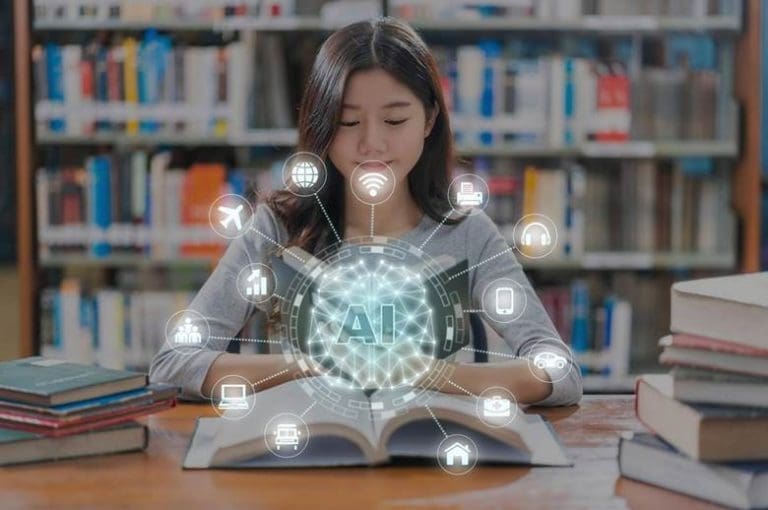Everybody’s talking about ChatGPT, which is the fastest growing consumer app ever unleashed in the world. It took two months for this incredible app to reach more than 100 million users—and there are few signs that its growth is slowing down.
It’s an example of a technology called generative artificial intelligence (AI), which has the potential to change our working and personal lives as much as the internet did. Ahead of Youth Day (June 16), TCL discusses four things that young people should know about generative AI.
- What is generative AI?
Generative AI enables machines to generate original content such as art, music, video, and text in the blink of an eye. ChatGPT, for example, is a chatbot that can generate song lyrics in the style of your favourite artist, create recipes, write code for your website, or produce a blog post.
Although ChatGPT is the most famous, there are other tools like:
- Bard, which is Google’s answer to ChatGPT;
- DALL-E 2, which helps you generate new images or edit your images in a matter of seconds; and
- Synthesia, an AI video creation platform that lets you create videos based on scripted prompts.
- I’m a coder or a content creator or want to be. Is AI going to take my job?
The speed at which AI is evolving can be scary. Yet most experts agree that AI will create many new jobs, along with changing certain roles or making them redundant. AI is like having an assistant take care of the more boring job elements or sit and brainstorm with you.
AI is not going to go away, so now is the time for every student and young professional to start experimenting with it. AI is going to be a major part of most jobs going forward, just like the internet is today. Just like the internet, it will help you be more productive, efficient and creative.
- What can I do to get ready for an AI-powered future?
The exciting and frightening thing about generative AI is that we can’t predict how it will shake out over the next decade. A lot of jobs may disappear, but new careers will replace them. This has happened throughout human history when innovative technologies arrive on the scene.
Just 20 years ago, there were no TikTok influencers, digital marketers, or cloud architects. While we can’t say for sure which new roles AI will create, the one certainty is that adaptable, curious, and creative people will thrive.
Learn about how generative AI is transforming your field of interest and consider how you can contribute to AI’s advancement and responsible use. Experiment with the tech and lead the charge. The future is in your hands.
- What are the risks of using generative AI?
Generative AI is trained on massive amounts of data, most of it from the internet. When ChatGPT generates a haiku for your friend’s birthday, an essay or a blog post, it’s effectively putting it together from work that other humans have done and posted to the internet.
That means that you should carefully fact-check the content generative AI comes up with. It’s also important to avoid plagiarising other people’s work or making unauthorised use of copyrighted materials. And also be aware that the data generative AI uses may reflect society’s biases.
In practice, generative AI is great for applications like generating ideas for essays or articles, researching a topic, and experimenting with fresh writing styles. But it can’t yet replace your original thoughts, empathy, and human judgement.
